- Norfolk Public Schools
- Grades 6 - 8
- Curriculum
Literacy Plan
Page Navigation
- Home
- Literacy Plan Action Steps
- Preschool
- Grades K-2
- Grades 3-5
- Grades 6 - 8
- Grades 9 - 12
- Literacy Across Content Areas
- Learning Support - Special Education Services
- English Learners
- Resources for Families
- Norfolk: A Community of Readers and Writers
- READ 14.2 Initiative
- Professional Development
- Virginia Literacy Act: Overview & Updates
- Virginia Literacy Act: Required Division Documents
- Glossary of Literacy Terms
6-8 Curriculum
-
Norfolk Public Schools' (NPS) 6-8 English and Language Arts curriculum aligns to and extends the Virginia Standards of Learning through core literacy programs based in scientifically based reading research and evidence based literacy instruction that focus on communication, collaboration, and critical thinking skills that lead to success in future education and workplace environments.
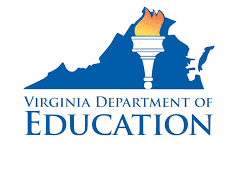
Virginia Standards of Learning
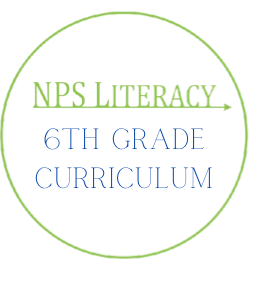
Sixth Grade Literacy
-
demonstrate the ability to work with diverse teams working respectfully with others, participating both as a facilitator and as a contributor
-
continue to deliver multimodal presentations individually and in collaborative groups
-
interpret information presented in diverse media formats
-
begin the study of word origins and continue vocabulary development
-
identify elements of narrative structure including identifying theme and analyzing figurative language
-
increase emphasis on nonfiction reading by creating objective summaries and drawing inferences using textual evidence
-
plan, draft, revise, and edit writing in a variety of forms with an emphasis on narrative and reflective writing
-
write multiparagraph compositions with an emphasis on the development of elaboration and unity
-
have greater control over the conventions of writing
-
find, evaluate, and select appropriate resources for an oral, visual, written, or multimodal research product and evaluate the validity and authenticity of texts
-
develop research skills that are foundational to effective critical thinking and responsible use of information
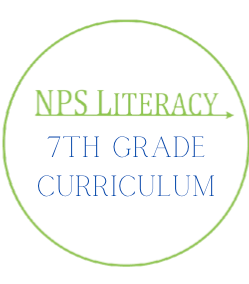
Seventh Grade Literacy
-
Students share responsibility for collaborative work, as both a contributor and a facilitator, while striving for consensus to accomplish goals
-
deliver multimodal presentations and interpret information presented in diverse media formats
-
continue the study of word origins and roots and begin identifying connotations
-
continue to emphasize reading comprehension by comparing fiction and nonfiction texts
-
identify elements of a variety of genres while focusing on an author’s style
-
identify the source, point of view, and purpose of nonfiction texts
-
plan, draft, revise, and edit writing in a variety of forms with an emphasis on expository and persuasive writing
-
write multiparagraph compositions with an emphasis on organization
-
have greater control over the conventions of writing
-
evaluate the validity and authenticity of sources, and apply research techniques to quote, summarize, and paraphrase findings
-
learn to cite both primary and secondary sources and follow ethical and legal guidelines for gathering and using information
-
develop research skills that are foundational to effective critical thinking and responsible use of information
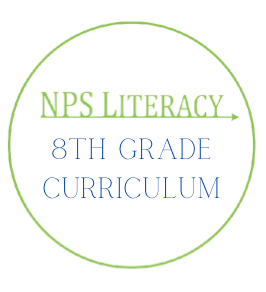
Eighth Grade Literacy
-
create multimodal presentations that include different points-of-view, and collaborate with others to exchange ideas, make decisions, and solve problems
-
continue the study of word origins, roots, connotations, and denotations
-
in fiction texts, explain the development of theme(s), and compare/contrast authors’ styles
-
in nonfiction texts, analyze authors’ qualifications, point of view, and style
-
plan, draft, revise, and edit writing in a variety of forms with an emphasis on expository and persuasive writing
-
write persuasively and use claims, evidence, and counterclaims to advocate and support a position to fit the audience and purpose
-
expected to have greater control over the conventions of writing
-
apply research techniques to analyze information gathered from diverse sources by identifying misconceptions and possible bias
-
evaluate the validity and credibility of sources, and apply research techniques to quote, summarize, and paraphrase findings
-
follow ethical and legal guidelines for gathering and using information
Curriculum Resources

Middle School Skill Progression
-
Communication
-
Reading
-
Writing
-
Research
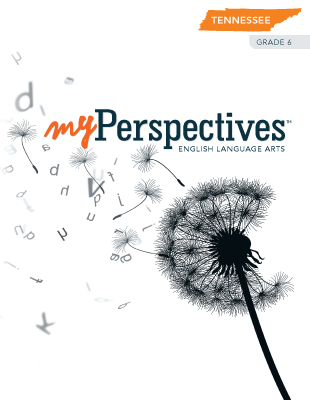
SAVVAS myPerspectives
myPerspectives is a powerful English language arts curriculum for Grades 6–12 that values the perspective of the learner, collectively and individually, and provides next-gen learning experiences that promote higher achievement and develop the competencies needed for college and career readiness. Interactive learning blends print and technology in a student-centered learning, teacher-inspired classroom. This dynamic Savvas program creates an interactive, engaging, and relevant learning environment through readings, meaningful activities, and purposeful performance tasks.
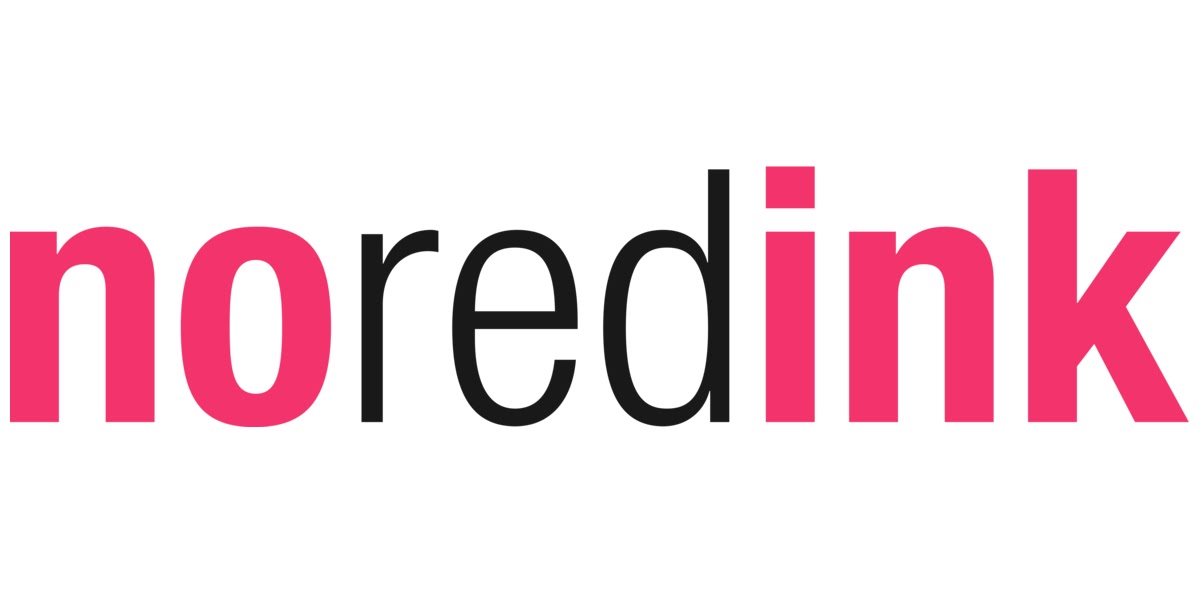
NoRedInk
NoRedInk builds stronger writers through authentic writing experiences, interest-based curriculum, adaptive exercises, and actionable data and provides teachers sample lesson plans, strategies, and resources for tailoring NoRedInk to meet students' needs or specific instructional goals.

Newsela
Authentic content engages every student and provides the background knowledge, connections, and vocabulary they need to become active, engaged readers. Newsela complements myPerspectives, allowing teachers to curate text sets aligned to thematic concepts and SOL strands.
-

